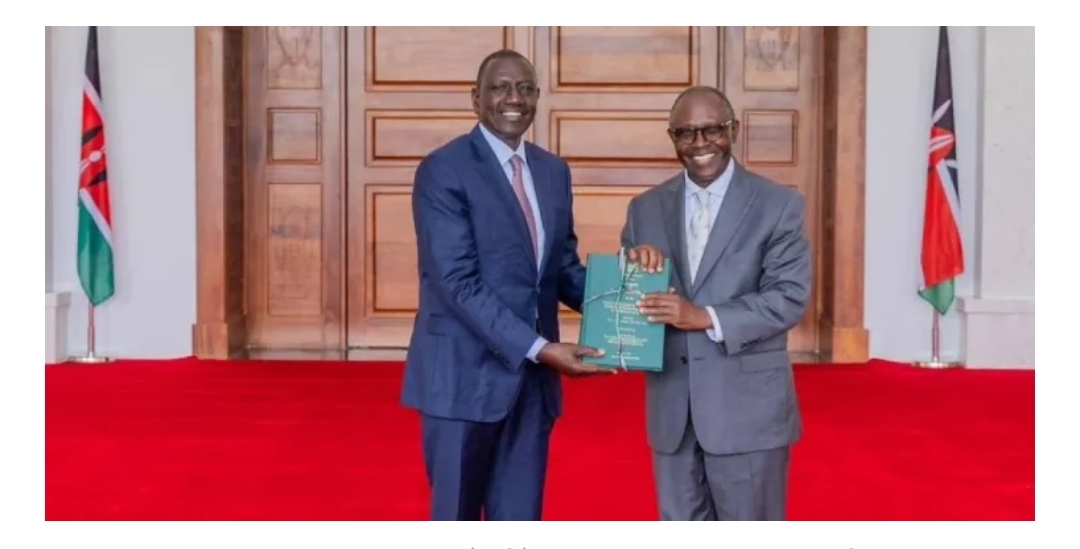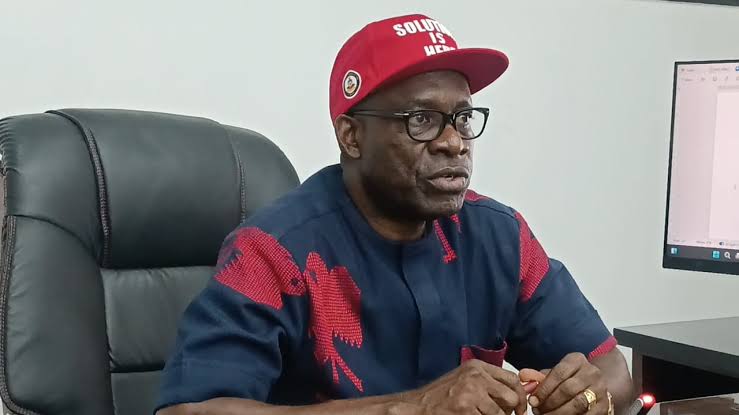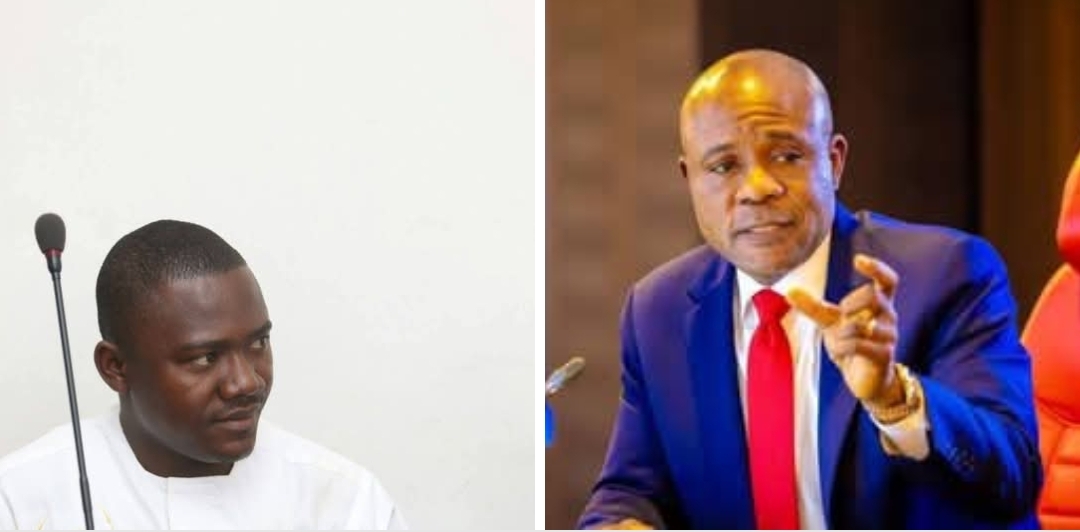Kenya bans fake miracles, extortion by pastors, orders Churches, religious bodies to file financial returns.
These were included in the Proposals Religious Organisations Bill 2024 presented to President William Ruto for adoption by Time Africa Magazine August 1, 2024. William Ruto receives the report of Presidential Taskforce on the Review of the Legal and Regulatory Framework Governing Religious Organizations.
Any religious leader who falsely performs miracles, healings or blessings to extort unsuspecting Kenyans will be guilty of committing an offence if the recommendations of a task force formed by President William Ruto are adopted.
The draft Religious Organisations Bill, 2024 was submitted to President William Ruto on Tuesday by the Presidential Taskforce on the Review of the Legal and Regulatory Framework Governing Religious Organisations in Kenya.
These proposals were included in the Religious Organisations Bill, 2024.
One of the strategies recommended includes hunting down religious leaders who ask their congregation to give cash to earn ‘financial favour from God’.
“A religious leader who by means of any false and fraudulent representations, tricks or schemes as to healing, miracles, blessings or prayers, extorts or fraudulently obtains any financial gain or material benefit from any person or induces the person to deliver money or property to the religious leader commits an offence and is liable on conviction to a fine not exceeding Ksh 5 million or to imprisonment for a term not exceeding 10 years or to both,” the bill reads in part.
Further, any religious leader who uses force, threats or intimidation to coerce another person to join their religion will pay a fine not exceeding Ksh.1 million or a three-year jail term or both.
Parents will, however, be legally allowed to determine the religious upbringing of their children.
On the other hand, anyone who uses religion to belittle another person’s religious belief and does anything that threatens their safety will pay Ksh.5 million, 20 years imprisonment or both.
The taskforce also recommended that churches should not engage in politics to gain power or organise a debate to support a political candidate.
If found guilty, the institution will be liable to pay a fine not exceeding Ksh.500,000 or 6-month imprisonment or both.
Churches, religious bodies required to file financial returns in the proposed law.
It proposes the establishment of the Religious Affairs Commission to oversee religious matters. Every religious institution in Kenya will be required to furnish the commission with financial returns, accounts, register of members and other documents as required.
“Any religious institution which files its returns out of time shall pay such penalty for late filing as may be prescribed,” the draft law reads.
“Any person who wilfully makes or orders, causes or procures to be made any false entry in or omission from any return, register of members, account or other document furnished under this section commits an offence and shall on conviction be liable to a fine not exceeding one hundred thousand shillings or to imprisonment for a term not exceeding one year, or to both.”
At the same time, a religious institution which fails to file its annual returns shall be suspended for a period not exceeding six months.
The proposed regulation spells out that any religious institution’s accounts and member register are open to inspection by an office bearer or member of the religious institution, the Religious Affairs Commission or any person authorised in writing by the commission.
“Any person who obstructs the registrar or any such person authorised by the commission in the carrying out of an inspection under subsection (1) commits an offence and shall on conviction be liable to a fine not exceeding one hundred thousand shillings or imprisonment for a term not exceeding one year, or to both,” it reads.
Per the draft law, the Religious Affairs Commission will be tasked with registering religious organizations, umbrella religious organizations and religious associations and providing oversight of religious affairs.
It shall also receive and review the annual returns of religious organizations umbrella religious organizations and religious associations and monitor the compliance of religious institutions.
Further, the commission shall develop and implement a policy on religious organisations, advise the government on religious affairs, develop and publish a code of conduct for religious organizations and research matters affecting religious institutions and disseminate the findings.
“Sensitize the public on religious liberty, religious tolerance, religious extremism and abuse of the freedom of religion and belief; and the Religious Organizations Bill, 2024,” the proposal states.
The draft proposal additionally gives the commission power to collaborate with other public or private entities and regional and international organisations in enforcing the law.
It shall comprise a chairperson appointed by the President; the Attorney-General or their representative; the Treasury Principal Secretary (PS) as well as the PS responsible for matters relating to internal security or his representative.
Others are a person nominated by the Evangelical Alliance of Kenya; a person nominated by the National Council of Churches of Kenya; another nominated by the Kenya Conference of Catholic Bishops and one nominated by a joint forum of Muslim umbrella religious organisations.
The Hindu Council of Kenya shall also nominate a person to the commission. It will also have the Registrar of Religious Organisations.
“The chairperson and every member… shall hold office for a period of three years and shall be eligible for re-appointment for a further and final term of three years,” adds the draft law.
The 17-member taskforce that drafted the Bill was established in May last year in the wake of the Shakahola forest massacre in Malindi, Kilifi County, where over 400 people died after Paul Mackenzie of the Good News International Church ordered his followers to starve themselves and their children to death so that they could go to heaven.
Mackenzie is in police custody and has been charged with terrorism with 94 co-defendants. They pleaded not guilty to the charges at a hearing in January.
The 94 also face charges of murder, manslaughter, as well as child torture and cruelty in separate cases.
So far, the remains of over 440 people have been retrieved from Shakahola forest, where autopsies have found that while starvation appeared to be the main cause of death, some of the victims were strangled, beaten, or suffocated.
Some of the bodies had had their organs removed, per previous court documents.
Kenyan president scraps bill to raise taxes after violent protests leave 23 dead.











